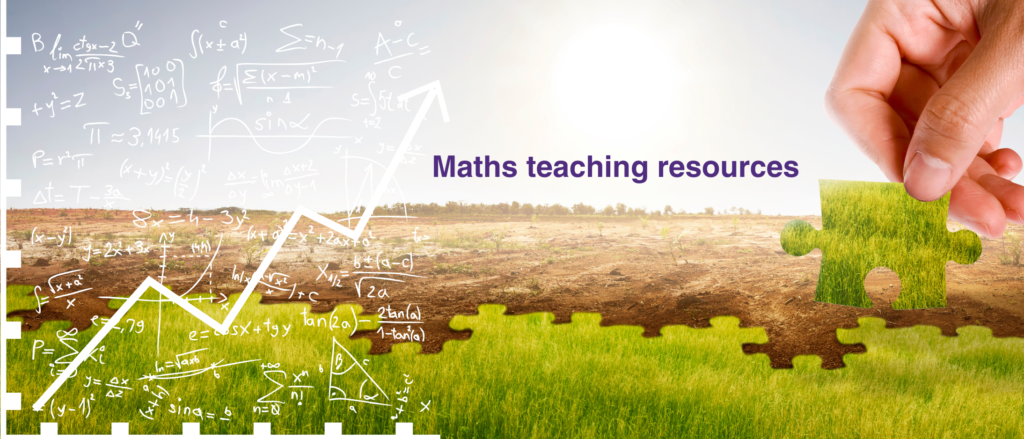
Empowering the next generation of climate critical thinkers
Over the past year, The Royal Meteorological Society (RMetS) has been working with the Environmental Change Institute at the University of Oxford and MEI (Maths, Education, Innovation) to provide free maths teaching and learning resources. Having targeted resources for different school subjects will help integrate the knowledge of climate change into the broader school curriculum.
This work follows new research published last year by the Royal Meteorological Society in partnership with Ipsos, showing an opportunity for better climate education in schools in Great Britain. Just over half of pupils in their final academic year (aged 15 to 16 years old) could recall being taught about climate change in the past year, with one in five (20%) believing that they either have never been taught about it or couldn’t recall when they were taught about it. This upcoming generation have signalled that they need (and evidence in the media that they want) to be better informed on how they can help be part of the solution of one of the most important challenges our planet will ever face, and scientists alone can’t fix the problem. It requires a whole range of skills and expertise, which is why it is important to look at existing opportunities to incorporate climate change in the current curriculum across all subjects. Learning maths can help raise critical thinkers, which is an essential tool for anyone interested in climate issues, whether they are producing the solutions or consuming the information.
Prof Sylvia Knight, Head of Education at the Royal Meteorological Society, said:
“Maths is key to the climate literacy of school leavers – not just for those considering a career in meteorology. We are delighted that, through working with MEI and the University of Oxford, we can support teachers in demonstrating to their students the relevance of the numeracy and data literacy skills they have learned. Incorporating these resources into lesson plans can help inform the decisions students will have to make in their personal and professional lives about mitigating and adapting to climate change. It will also help with the skills they need for green jobs and their understanding of the messages they see in the media about climate change.”
The existing ’Maths for Planet Earth’ resources from the University of Oxford will now be housed alongside other weather and climate educational materials on the RMetS education website MetLink. All the questions in these resources have taken existing and previous GCSE and A-Level exam questions but adapted the context to a climate change theme. The same skills are needed to solve the example problems, enabling teachers to integrate climate change into the school curriculum beyond the usual subjects.
Sitting alongside these on MetLink is a set of new resources developed with MEI to engage young people with climate issues and show the relevance of maths to climate change and meteorology. The resources aim to empower students to understand information and data and to highlight how maths skills can be used to examine and evaluate issues and draw evidence-based conclusions. Different versions have been developed for Key Stage 3 and Core Maths lessons. The Core Maths versions are also suitable for the SQA’s Applications of Mathematics qualification. Each set of resources contains session notes, presentations, and printable sheets for students.
The Trees for Net Zero resources are designed to be delivered over one or two lessons, looking at the topic in depth using skills of estimation as well as interpreting and plotting data in context.
The Trees and Carbon Capture resources are standalone activities that can be delivered as part of a lesson, a filtered version of the Trees for Net Zero sets.
The dynamic Extreme Weather activities use Desmos tools to investigate connections between global warming and extreme cold weather by calculating probabilities. This activity can form part of a lesson.
The EVolution of Vehicle Sales resources explores vehicle registration data with links to proportional reasoning and estimation/modelling. These can be delivered as part of a lesson.
All resources embed the development of analysis and comparison techniques, as well as opportunities to make conjectures and present conclusions.



